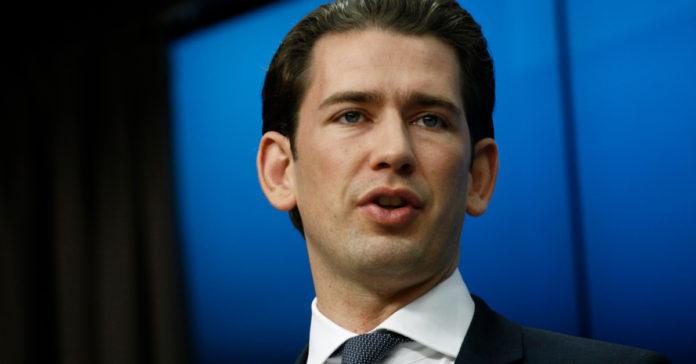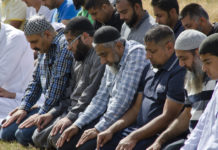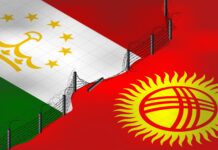Austria’s right-wing government has announced a range of anti-terrorism measures in the wake of a deadly attack in the capital, Vienna, last week.
According to Al Jazeera, the proposals include the ability to keep individuals convicted of “terror” offences behind bars for life, electronic surveillance of people convicted of terror-related offences upon release and criminalising religiously-motivated and politically extreme acts.
Chancellor Sebastian Kurz said on Wednesday that the government also plans to simplify the process of shutting down associations or mosques deemed to play a role in “radicalisation” and enable the public to report potential violent activities on an online platform. A central register of imams will also be created.
“In the fight against political Islam – the ideological basis behind it – we are going to create a criminal offense called ‘political Islam’ in order to be able to move against those who aren’t terrorists but are preparing the ground for it,” he told reporters after a cabinet meeting.
The planned measures, which will be brought before parliament in December for a vote, also call for preventive detention for people convicted of terror offences. Kurz said even if people have served their sentences for such crimes, but are not yet seen as being completely deradicalised, “we will make it possible to lock those people up in order to protect the public.”
In some cases, people who have just been released will be monitored with an electronic ankle bracelet or a wristband, Kurz added.
On November 2, an attacker killed four people in central Vienna before being shot dead by police. Twenty others, including a police officer, were wounded.
Subscribe to our newsletter and stay updated on the latest news and updates from around the Muslim world!
Authorities in Austria have identified the suspect as 20-year-old Kujtim Fejzulai, a dual national of Austria and North Macedonia who had a previous conviction for trying to join ISIS in Syria and had been given early release in December.
An investigation has been launched into why Austria did not have Fejzulai under observation, despite being tipped off by Slovakian authorities that he had tried to purchase ammunition at a shop in Bratislava in July.
On Monday, close to 1,000 police and intelligence service officers raided homes, businesses and associations allegedly tied to the Muslim Brotherhood and Hamas, seizing millions of euros in cash across four provinces.






















